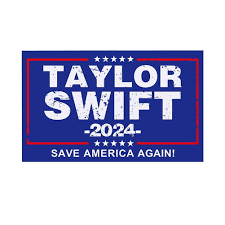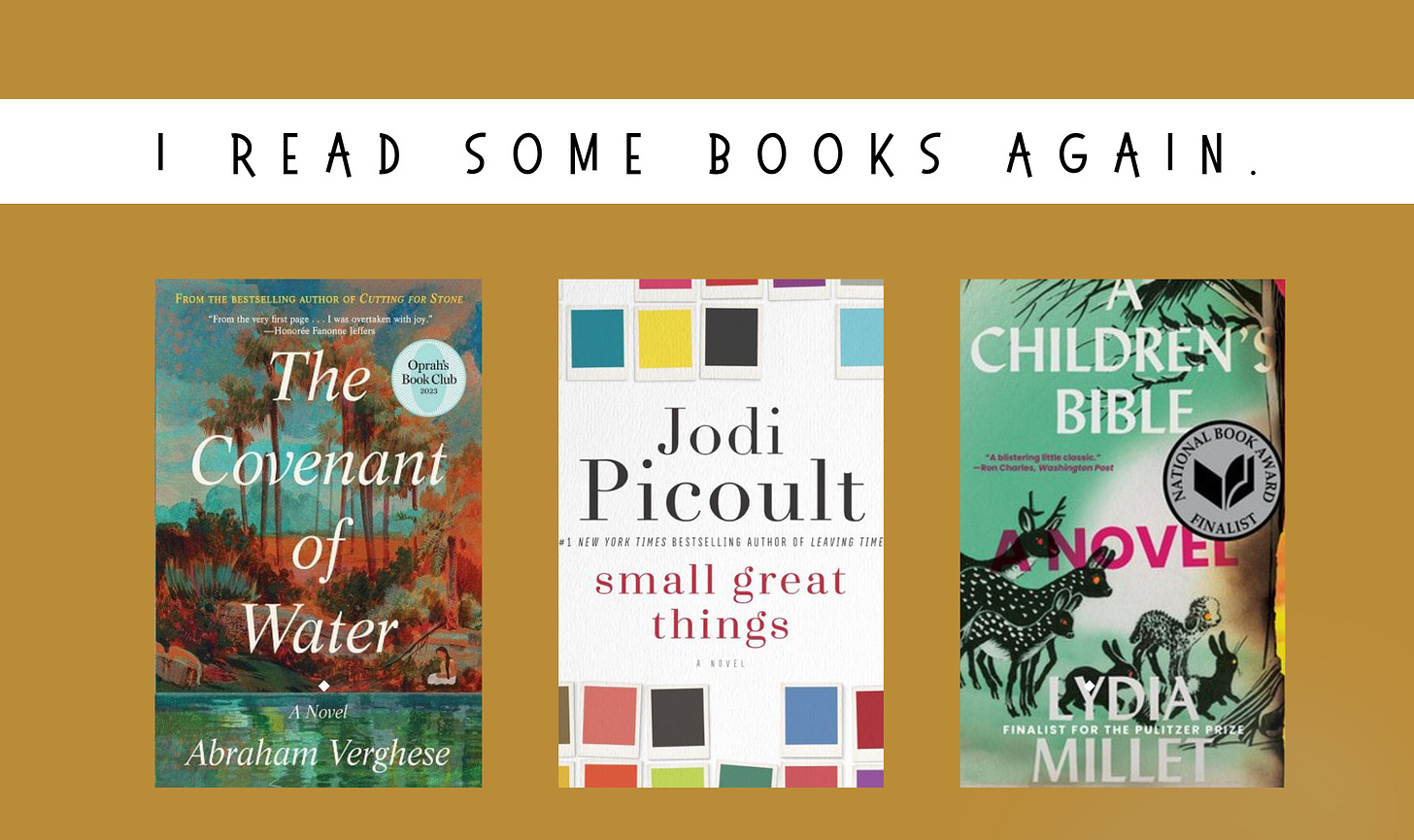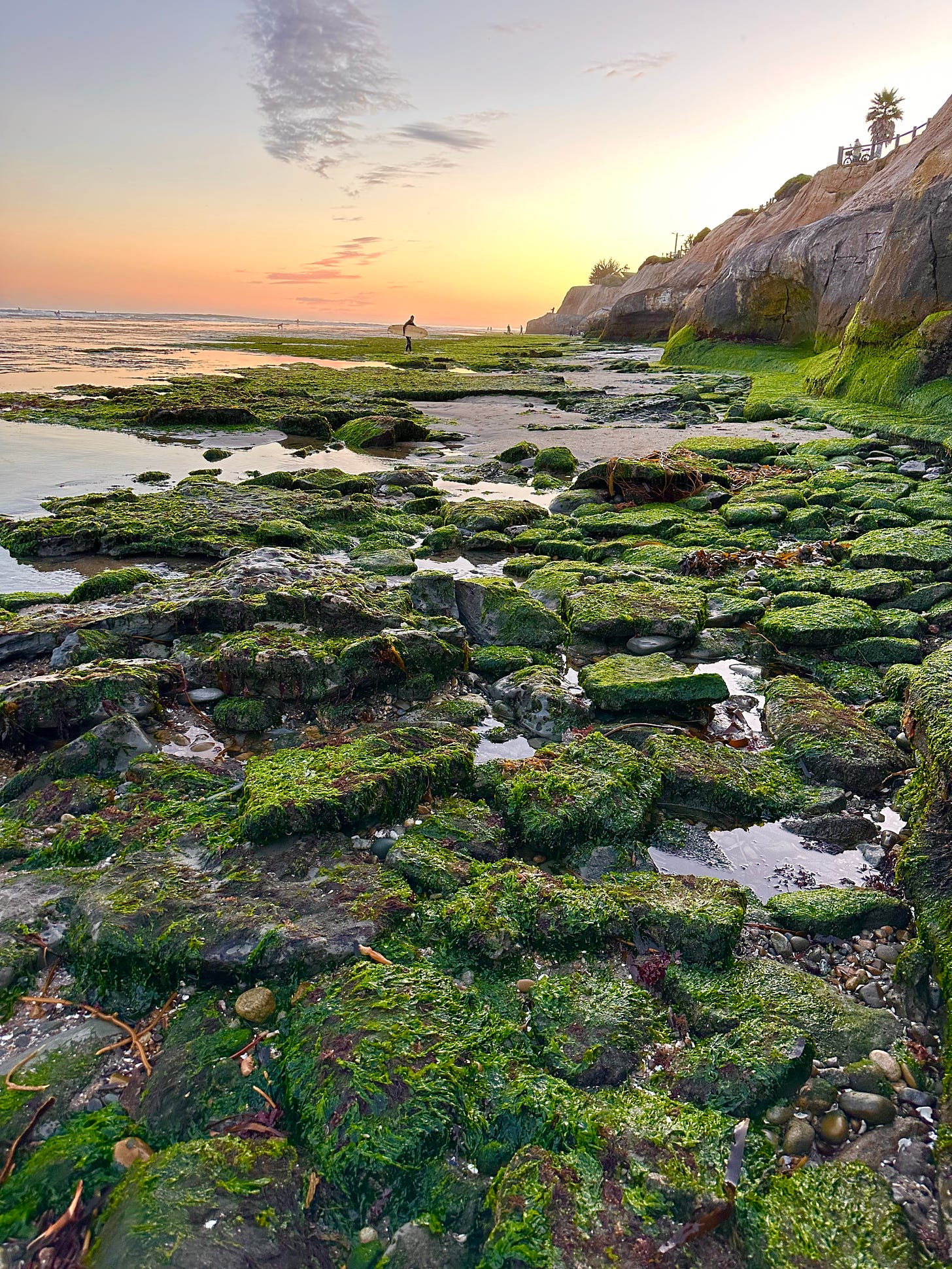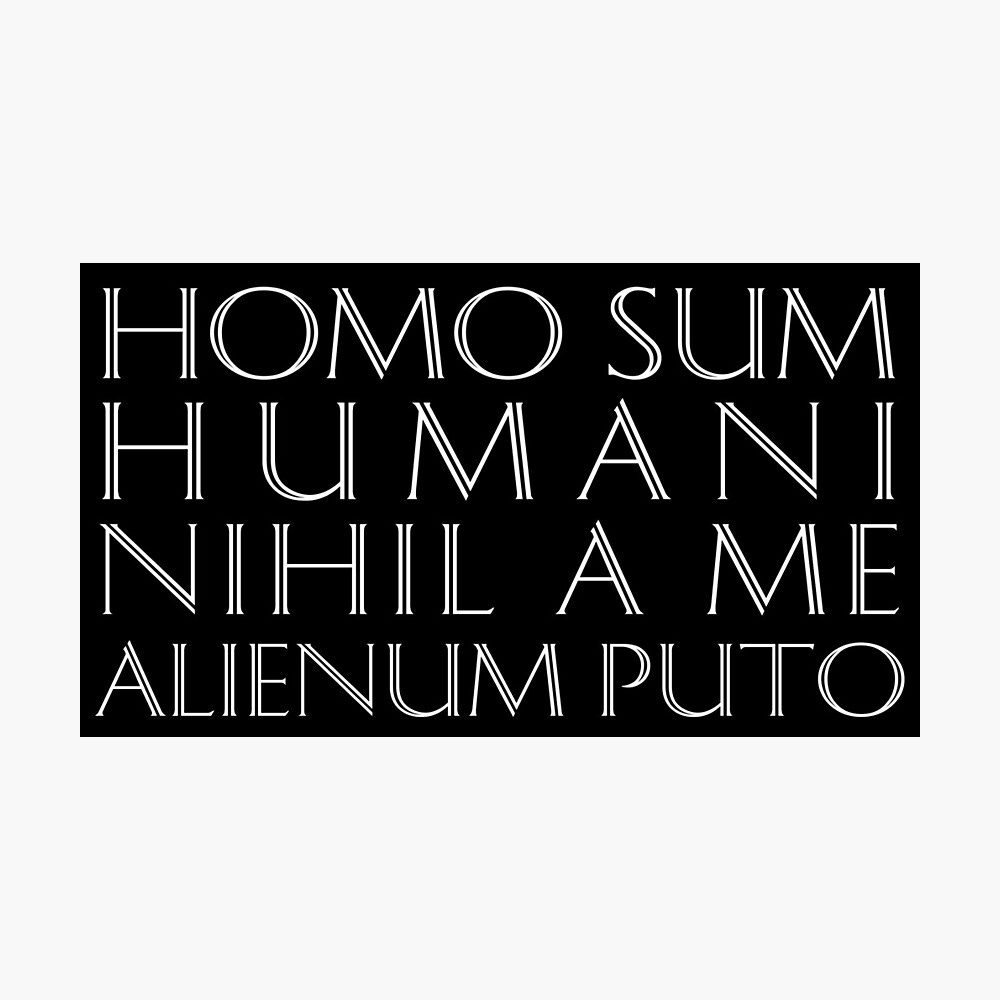Welcome to Worth It, a weekly monthly(ish) round-up of the very best of what I’m reading, watching, listening to, and occasionally even cooking. Only the things absolutely worth your valuable minutes.
This Worth It took a little longer to send because I had to finish reading a book LONGER THAN THE BIBLE, plus I’m barely surviving some really low temps here in South Carolina (it’s dropped into the 60s, please pray).
Last time in my little poll, you voted for reports on ALL the books1 … so you can no longer blame me for recommendation indecision.
The Covenant of Water, Abraham Verghese
One time I ordered bamboo plates on Amazon to use for a dinner party. When they arrived, they were two inches by two inches square. Which, in case you can’t picture it, is the length of the thumb on my very small hand. If I wanted to use the plates for my dinner party, I was going to have to add canapés to the menu.
You see, online ordering can be tricky. You might order that novel you keep seeing everywhere, thinking it is a regular novel that you can read in a week, and when it arrives it might be 4 inches thick—thicker than the gnome plates were wide or tall, for reference. For the lay reader, that’s 750 pages of a single story. NOT A REGULAR NOVEL. But once you’ve spent $28 on a book, you’re going to read every page, including the acknowledgments and the Library of Congress bits in the beginning.2
All this to say: (1) No matter how much you believe in paying authors for their work, sometimes libraries are your friend, and (2) I do not want to lose my reputation for being a fast reader just because Verghese fired his editor.
Just kidding. Absolutely The Covenant of Water was worth all those pages, and Verghese knew what he was doing, start-to-finish.
The book is not, though, a page-turner (until the last 75 pages or so)—it’s a slow, beautiful story set in 20th-century India that begins with a 12-year-old girl, follows her to her death at 79, and then moves past even her, with the story of her son and then granddaughter. It’s very sad, but quietly sad (so I didn’t cry even once, please clap). You absorb the sadnesses and keep going, the way the characters do over their long lives, the way we all do in our real lives. So it’s about resilience as much as anything, which makes all the losses somehow redemptive. Verghese’s moral vision (pretty much the polar opposite of agenda-driven propaganda, see below) is one I trust.
Read this one when you’re ready to commit. Abraham Verghese already has a lot of money, so you can borrow my copy.
Small Great Things, Jodi Picoult
A mini-lesson from my bygone English 201 course: All art (literature especially) walks a fine line between poetry and politics. On the one hand, good art must have something to say. On the other hand, art that’s merely a vessel for agenda (usually a political one, though I’m using the term broadly here) ceases to be art at all. Art that only “says something”—and doesn’t embody that something—usually falls on hostile ears. (This is why a lot of sermons and stump speeches fail to persuade anyone except the already-persuaded. Agenda is most palatable wrapped in Story.)
Enter Small Great Things. Having never read Jodi Picoult, I downloaded the audiobook thinking it would be easy to digest in the car (while also reading The Giant Book, see above). Picoult can tell the heck out of a story, and I was immediately sucked in. It wasn’t until the second half of the book that the author’s (very clear, very worthy) agenda began to swallow the story whole. It’s a book about race relations in America, and I think if I’d read it in 2016 when it was written, it would have landed differently. But now that, collectively, we know so much more, I’m not sure that that back-half won’t feel to most of you like the persistent beating of a (noble) drum. Or maybe it’s just too readable for anyone to care! It’s a great story.
FWIW, Roxane Gay agrees that a white woman writing the Black experience can be tricky. Also, it’s becoming a movie starring Julia Roberts and Viola Davis—even though Julia Roberts is about 20 years too old for the role.
A Children’s Bible, Lydia Millet
I knew nothing about this book when I started listening to it (on a plane headed for California). But it’s a short little thing, and I finished it in one (cross-country) day of travel. It’s told in the voice of a teenage girl spending the summer in a rented beach house with a bunch of other kids and their detached, weird, and usually drunk parents. The narrator has this odd, flat cadence that is mesmerizing as an audiobook.
It’s depressing to me how many dystopian / post-apocalyptic novels there are to compare this to these days. I could say The Road or Station Eleven. I could compare it to that show Yellowjackets. It’s sort of an allegory for climate change like that movie Don’t Look Up and it shares some themes with The Light Pirate. I don’t know—you take your pick of death-of-civilization entertainment.
In addition to the climate stuff, the novel has some not-subtle religious undertones that would be fascinating to pull apart. Let’s say I categorized books based on where they should be read. I’ll just invent 3 categories right now. They are “On the Beach” (easy, fun), “On the Couch” (well-written and a little meatier), and “In a Classroom” (lots to unpack). This book would fit squarely into the “In a Classroom” category. It’s the kind of book you want to discuss and take notes on.
Maybe that’s not your thing? Maybe you weren’t an English major? Maybe you have a real job now?
No hard feelings.
The night I discovered the Substack of
, I burrowed into my sofa and read for an hour. DeFino is a whip-smart reformed beauty journalist who once persuaded people to buy eye creams and now admits (and explains why) they are useless. She deconstructs the beauty industry and examines the dubious ethics of billion-dollar campaigns that convince women aging is avoidable (or, even less true, reversible). The juiciest whistleblower for us middle-aged ladies!Bonus: When I think about aging, I think about how scared Americans are to admit we are going to die. So I’ll tack on this Hidden Brain podcast, which argues that most of our decisions are influenced by what one psychologist calls “terror management,” the persistent low-level-fear-buzz that is the result of knowing—but rarely acknowledging—that death does in fact come for us all.3
One more Substack! I know
IRL, and I think I’ve recommended her before? But this latest essay is just so gorgeous and true. Also, I cannot emphasize enough how often Taylor Swift comes up in my family right now, so it’s relevant!I didn’t need Taylor Swift to teach me about eras; I’ve lived plenty of them, embracing my momentary interests, taking them seriously, treating them as a chapter in the story. Everyone’s life unfolds in eras and always has. It’s only new that now everyone is naming them. We are welcoming our cozy girl eras. Our rich mom summers. Our sourdough queen aesthetic. And yet — the question demands to be asked: who cares if we’re super into Yves Klein blue, or athleisure sets, or the poetry of Richard Brautigan, or racquet sports right now? Surely at some point self-analysis and even self-expression become self-absorption.

I am a southern, suburban white lady—so definitely not the person to weigh in on what’s happening in Israel. But this helped me. So did this. I thought this was brilliant.
Before bed the other night, I asked my daughter if she’d heard about the war. “Yeah,” she said. “But I don’t understand it. Who is…” —she searched for words— “… right? Like, we were all mad at Russia for Ukraine, but this time, who is the… victim?”
I took a deep breath. “There are bad guys in this story. But they’re all mixed up with regular people in Palestine. So we can’t just pick one country to be angry at. There are victims everywhere.”
“So you’re saying ‘it’s complicated’ again?” she asked.
“Yes. I’m saying ‘it’s complicated.’ Again.”
“I am human, and nothing human is alien to me.”
— Terence, ancient Roman playwright
In the spirit of that last quote, here’s a feel-good, sappy song.
When I used that word “reports,” I realized for the first time that I am a grown-up writing voluntary book reports. Cool cool.
I thought for a second this was the longest non-series novel I’d ever read, so I looked up Anna Karenina to be sure. It is only 700 pages. But then I remembered being forced to read Clarissa by Samuel Richardson in grad school, which, at 1,534 pages, shares the distinctions of being both the longest and the worst novel I’ve ever read. Zero stars.
The name of this episode is “We’re All Gonna Die!” So that’s what was plastered across the screen of my car when my kids piled in the other day. My 11-year-old, who used to get in the car and say, “What are you listening to?!” just took one look at the screen and sighed, “Oh Mom.”
















I loved The Covenant of Water and bought it for my Kindle and had no idea how long it was. I downloaded a free month of Audible and got in 8 hours of listening on a car trip to be able to finish it for my book club!